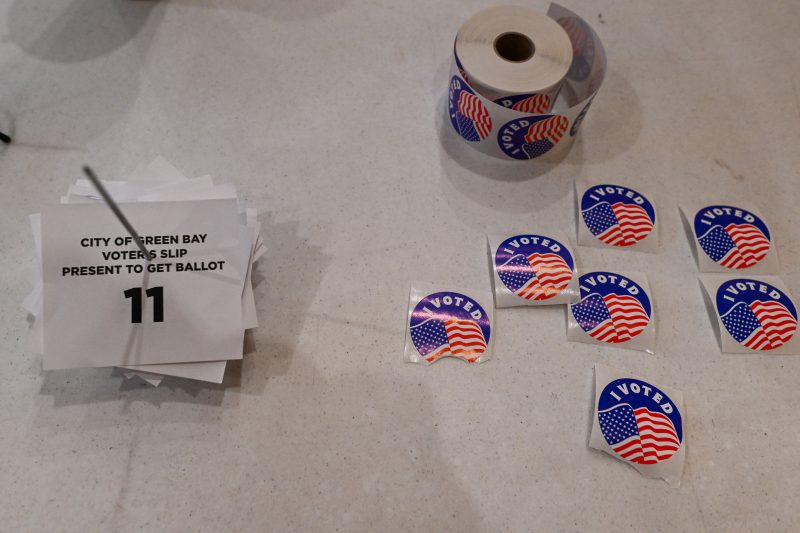In a move that has sparked debates and discussions across the United States, Wisconsin recently became the latest state to ban private funding of elections. This decision marks a significant shift in campaign finance regulations within the state and has drawn attention from both supporters and critics of the new law.
The decision to ban private funding of elections in Wisconsin comes amid growing concerns over the influence of money in politics and the impact it can have on the fairness and integrity of the electoral process. Proponents of the ban argue that allowing private individuals or organizations to fund election-related activities can create a system that prioritizes the interests of wealthy donors over the needs and concerns of average citizens. By prohibiting private funding of elections, Wisconsin aims to level the playing field and ensure that all candidates have an equal opportunity to compete without being beholden to special interests.
Critics of the ban, however, argue that it infringes on free speech rights and limits the ability of individuals and organizations to participate in the democratic process. They contend that private funding can provide much-needed support to candidates who may not have access to traditional sources of campaign financing, allowing them to effectively communicate their platforms and engage with voters on important issues. Additionally, critics point out that private funding of elections is a longstanding practice in American politics and question the constitutionality of restricting it.
Wisconsin’s decision to ban private funding of elections is part of a broader trend towards campaign finance reform in the United States. In recent years, several states and municipalities have passed laws aimed at reducing the influence of money in politics, such as imposing contribution limits, enhancing disclosure requirements, and establishing public financing systems. These efforts reflect a growing recognition of the need to safeguard the integrity of the electoral process and promote transparency and accountability in political campaigns.
While the ban on private funding of elections in Wisconsin has garnered both praise and criticism, its long-term impact remains to be seen. Supporters hope that it will help restore public trust in the electoral system and diminish the role of money in shaping political outcomes. Critics, on the other hand, fear that it may suppress political participation and hinder the ability of candidates to effectively communicate their messages to voters.
As the debate over campaign finance regulations continues to evolve, it is clear that finding the right balance between curtailing the influence of money in politics and upholding the principles of free speech and democratic participation is a complex and challenging endeavor. Wisconsin’s ban on private funding of elections is just one chapter in this ongoing saga, and its repercussions are sure to reverberate throughout the state and beyond for years to come.


























